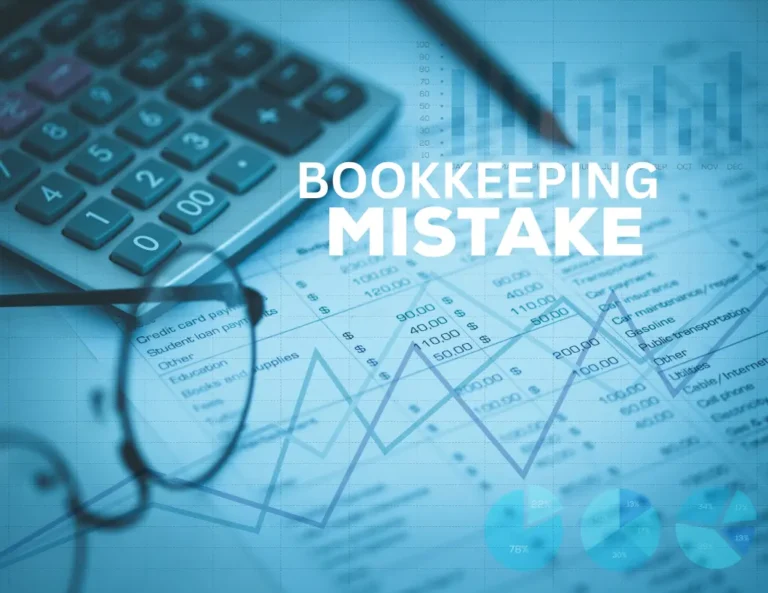What to look for in a bookkeeper?
Choosing the right bookkeeper is essential for keeping your financial records accurate, organized, and stress-free. A great bookkeeper doesn’t just manage numbers, they provide clarity, security, and insights that help your business grow. This guide highlights the key qualities to look for, from trust and communication to tech skills, credentials, and scalability, so you can confidently hire someone who truly supports your business.
Hiring a bookkeeper isn’t just about finding someone who can add and subtract, it’s about hiring an individual who manages all the financial chaos of your business into clear transactional records to help you have a transparent image of your business operations.
The objective is to simply manage financial records so that owners know everything about the profits and expenses, so they can make decisions based on that data and grow their businesses. This blog has everything you need in regards to what to look for in a bookkeeper.
Hire A Professional Accountant From FINITAC
FINITAC offers highly professional and certified accountants with a modular services model. Let us know your requirements, and you’ll be connected with the right team.
Trust That Lets You Sleep at Night
A good bookkeeper feels like the lock on your front door, solid, silent, always on duty. Therefore, once you’re planning to hire a bookkeeper, make sure you do background checks, get first-hand reviews regarding their expertise before you trust anybody with your business’s data.
Super‑Clear Communication
If a bookkeeper can’t explain last month’s numbers in a plain talk, two‑minute voice note, move on. You don’t need a bookkeeper who doesn’t know what he/she is doing. You need someone who can share a quick recap within a minute along with all the documental records.

Tech That Cuts the Boring Stuff
Look for cloud-ledgers that sync with your phone, AI that spots weird charges randomly, and dashboards you can show to any nontechnical individual. It’s because the time saved on data entry is equal to the time you spend building cool products and expanding your sales.
| Must‑Have vs Nice‑to‑Have Features | Must‑Have | Nice‑to‑Have |
| Secure cloud software | 256‑bit encryption | Mobile face‑ID login |
| Real‑time bank feeds | Daily sync | Hourly sync |
| Auto receipt capture | Email/scan upload | Snap‑to‑text OCR |
| Report Delivery | Monthly PDF | Live, clickable dashboard |
| Integrations | Bank + payroll | E‑commerce + CRM |
A Bookkeeper Doesn’t Just Maintain Numbers
The top bookkeeper doesn’t just balance accounts, they ask about your slow seasons, your charity project, and your five‑year dream, then shape budgets and forecasts that fit your business’s rhythm instead of locking you into a rigid routine that’s impossible to follow.
People Also Search For
A Valuable Bookkeeper Saves You More Than What They Charge
A good bookkeeper keeps an eye on things like tax savings you never spotted and late payment fines that you weren’t paying attention to. You don’t hire a bookkeeper to manage numbers, but all of your financial side to make sure your focus stays on creating by avoiding time and cost-consuming problems.
Credentials & Compliance
Peek at certifications (QuickBooks ProAdvisor, Xero Silver, CPA license) and ask how they stay current on GAAP rules, sales‑tax quirks, and any weird local laws that could trip you up.
Scalability & Future Fit
You never know that your starter business or a side business could turn into a national brand shortly. So, make sure you choose a bookkeeper who can plug in payroll for ten workers today and three hundred tomorrow without rebuilding everything from scratch. Below are a few factors that help you differentiate types of bookkeepers.
.
| Fast Red‑Flag Check | Red Flag | Green Light |
| Response time | Ghosts emails for a week | Replies same day |
| Data security | We back up monthly. | 24/7 encrypted backups |
| Report clarity | Sends raw export | Summaries + plain‑English highlights |
| Tech attitude | Spreadsheets are fine. | Here’s a live demo. |
Support And Service
Whether you’re going through late-night payroll panic or dealing with tax season. A qualified bookkeeper is always available at your service to give you precise answers when they matter the most.
Frequently Asked Questions (FAQs)
Conclusion
Pick a bookkeeper who’s always available to help at difficult times, prefers clear communications and solutions, and is available to show receipts when they matter the most. Once you find someone that reliable who works on your business as it were their own, your growth would skyrocket in a matter of weeks and months!






